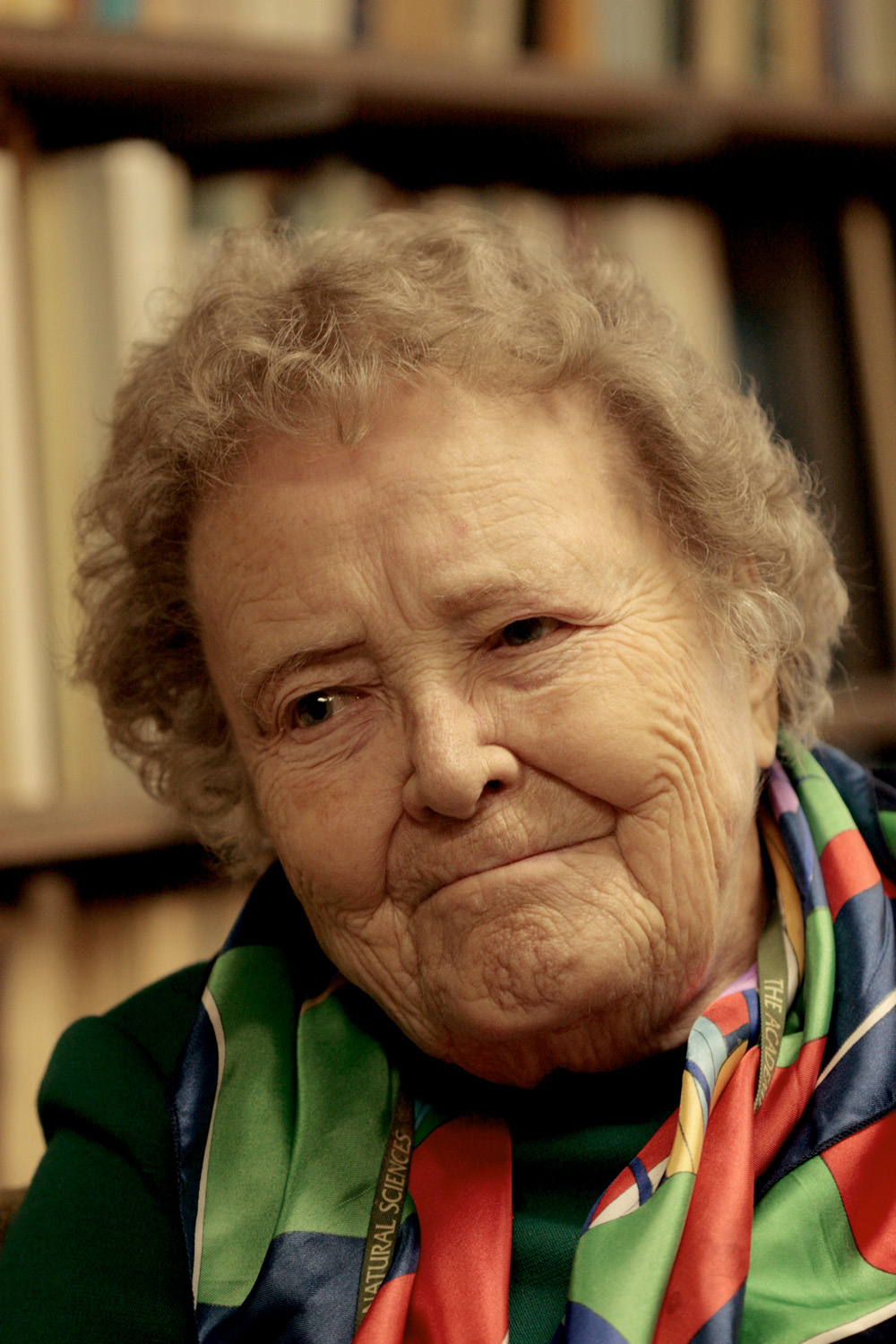The Academy of Natural Sciences of Drexel University celebrated Earth Day April 22 with a variety of events, including a memorial symposium on the life of renowned scientist Ruth Patrick. A panel of experts spoke about the long life and contributions of Patrick’s work in the field of environmental science as well as raising global awareness of environmental protection. The symposium marked the second day of events of Drexel’s Earth Week 2014.
Earth Day was established nearly half a century ago, having first been put into effect April 22, 1970, by Gaylord Nelson, U.S. senator and governor of Wisconsin. With that in mind, Drexel put together the symposium in order to promote the importance of the environment and all those who contributed to the numerous laws that are in effect today as well as made Earth Day as popular and important as it is today.
The symposium began at 8 a.m. A continental breakfast was served as a precursor to the main event, a panel of speakers that lent insight on various topics relating to environmental science. George W. Gephart Jr., the current president and CEO of the Academy, gave the introductions. The event lasted well past noon.
The panel included Thomas Lovejoy, biodiversity chair for the H. John Heinz III Center; Rex Lowe, professor of biology at Bowling Green State University; and Ellen Gilinsky, senior policy adviser for the Environmental Protection Agency. The symposium was broken into two halves with a coffee break for a transition in topics and speakers.
During the first half of the symposium, the panel spoke on behalf of Patrick, remarking on her many accomplishments in the field of environmental science. As one of the first women to embark on a career in the environmental field as well as science in general, she was praised as an inspiration for women, breaking through the glass ceiling of the time period.
“It was extremely interesting,” environmental studies major Devon Donahue remarked. “Most of the audience came because we’re interested in the environment, but hearing about someone who helped me and women everywhere be able to study this field in college is very cool.”

Patrick was especially known for her work studying diatoms, a prominent group of freshwater algae, due to enlarging the collections of algae held as well as new forms of classifications for groups of said algae.
“Hearing about how she impacted the field of science and hearing how her own students were affected as well was humbling, really seeing everything she did in person almost,” Donahue said after the event came to a close.
Perhaps one of Patrick’s most notable and defining achievements was working at the Academy of Natural Sciences during the Great Depression with no pay for nearly eight years.
The second half of the symposium was devoted to the history of environmental protection and Earth Day itself. Much of it consisted of comparing and contrasting the changes made in both legislation and attitude of environmental protection in the U.S. and the globe, noticing drastic changes from the early 1970s to today. James Gustave Speth, professor of law at Vermont Law School, presented on the topic of environmental legislation.
“Being able to see and hear all these people’s accomplishments [is] what help[s] spread the word,” Amanda Cramer, an environmental studies major, said. “It’s what everyone should really know, because the Earth is pretty important.”
In addition to the function at the Academy, the Sierra Student Coalition and other Drexel students organized a series of tables and promotions for the Earth Day Block Party on Lancaster Walk. The symposium was free to the public.

